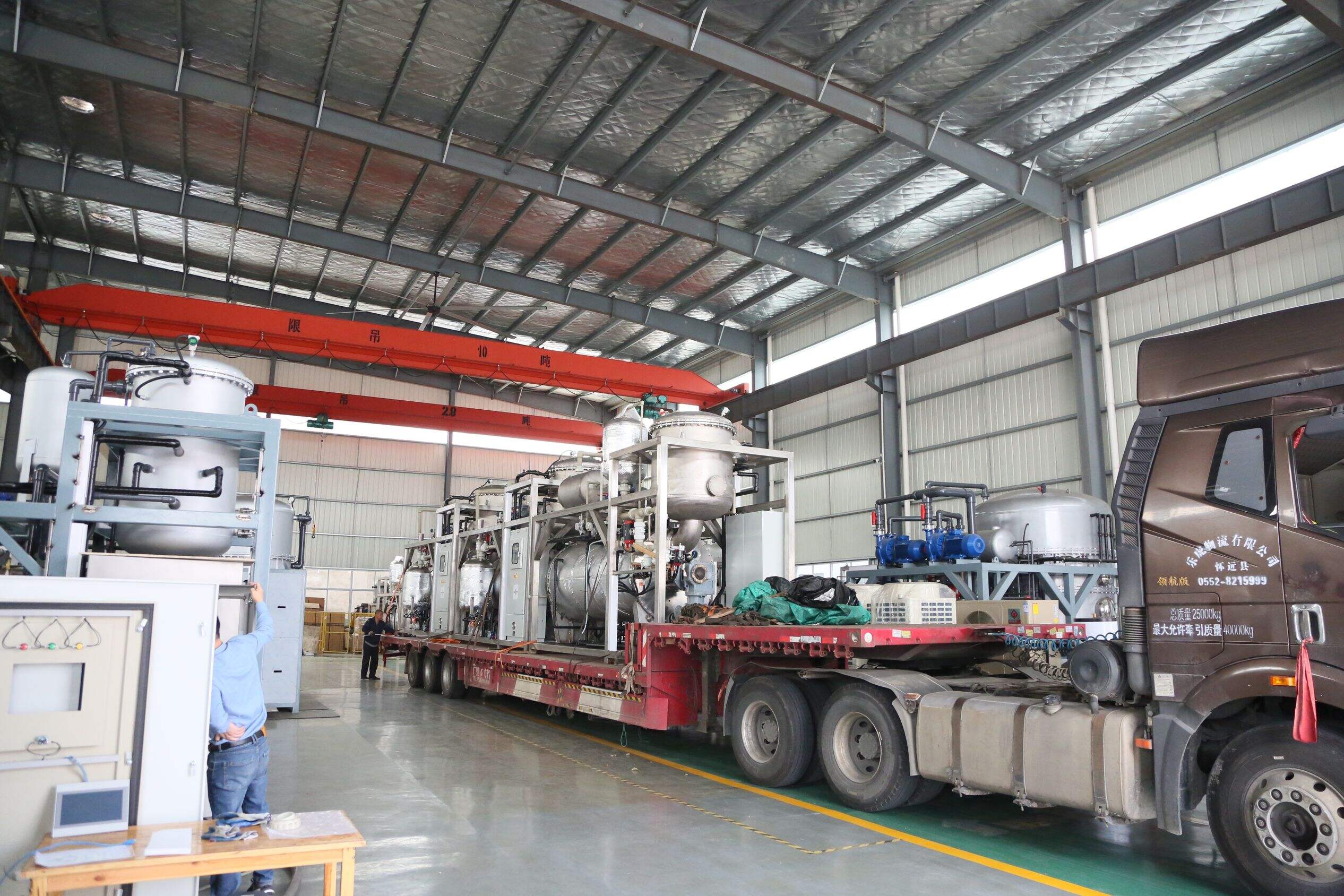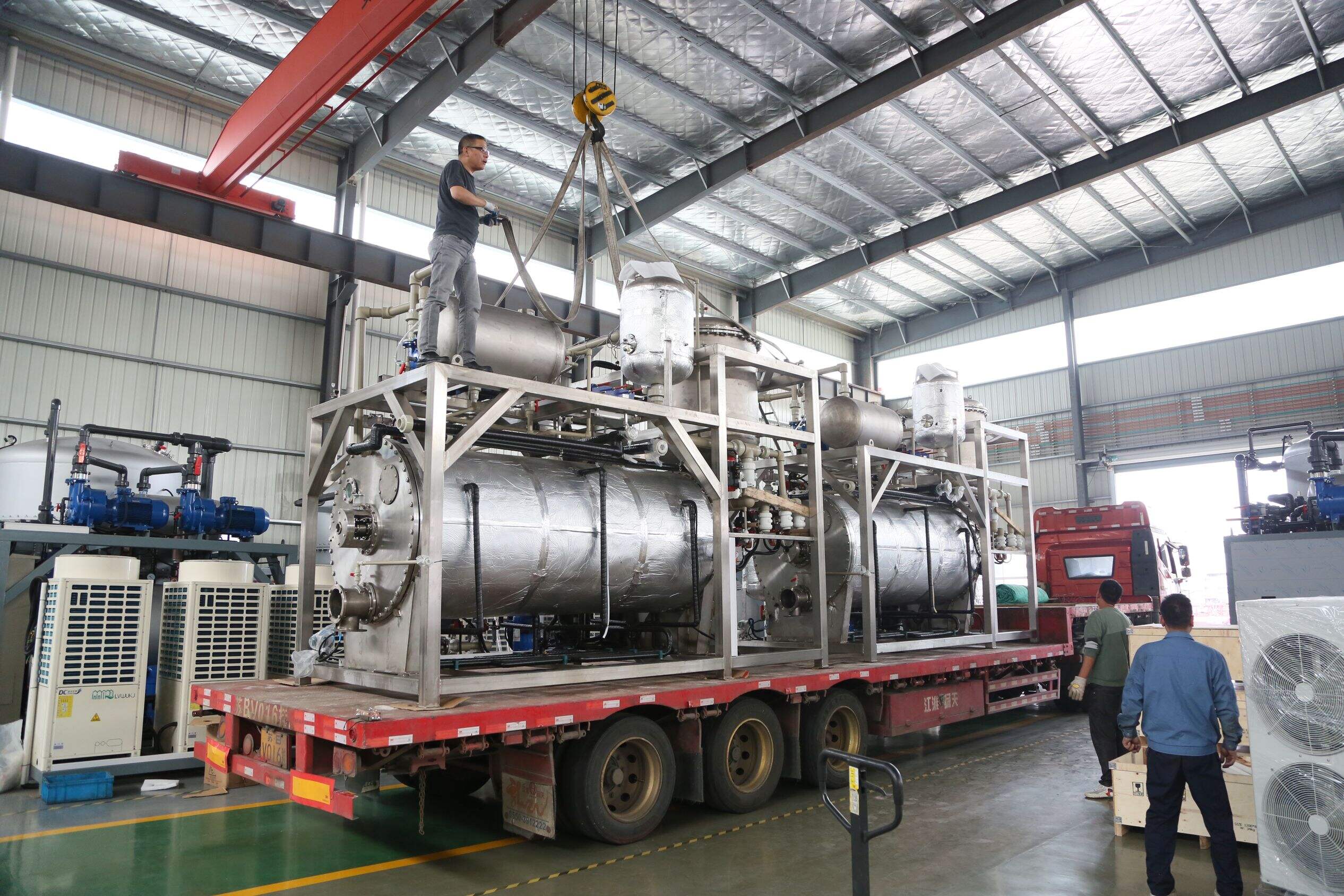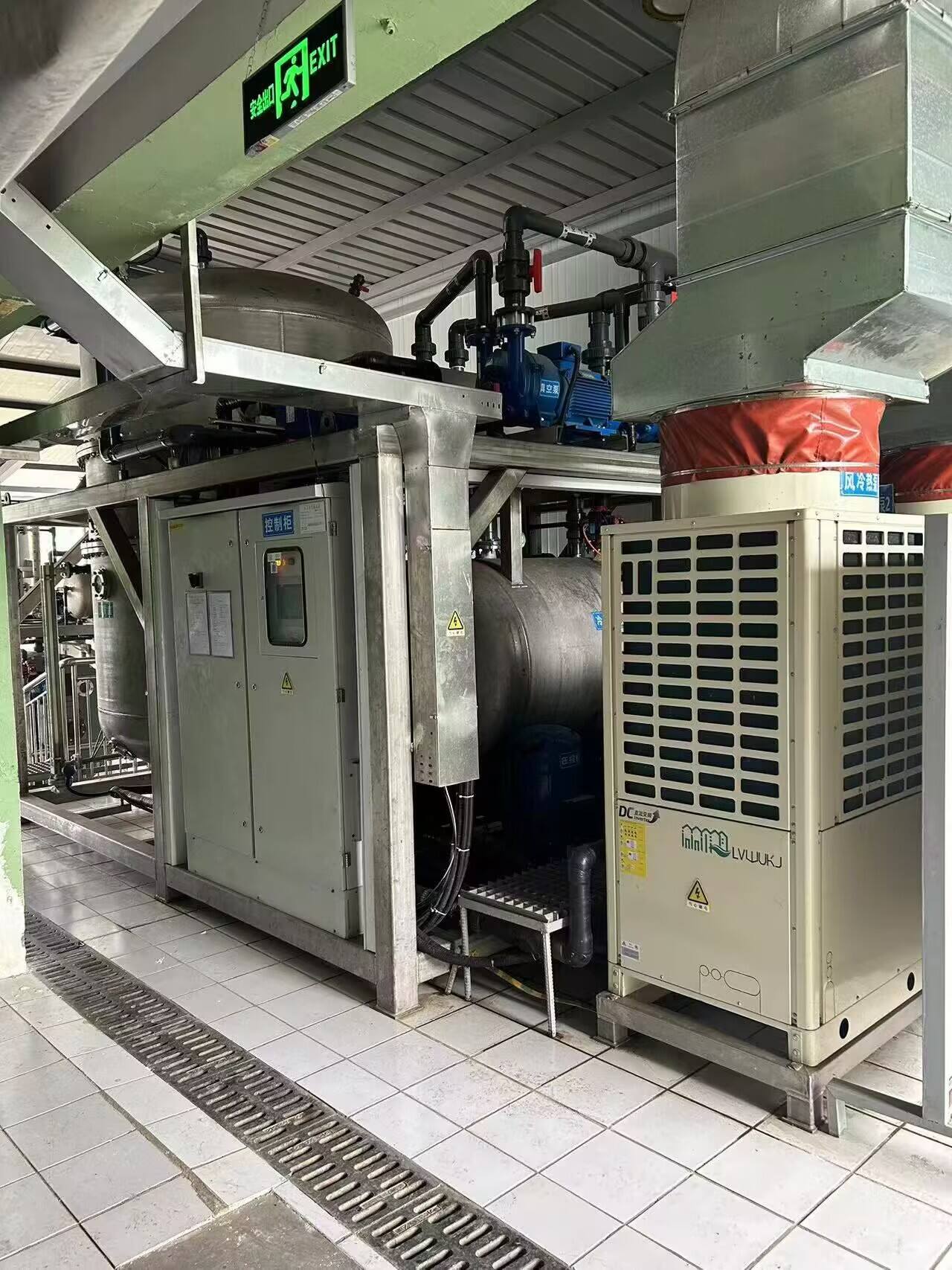heat pump evaporator for wastewater
The heat pump evaporator for wastewater is an innovative technology designed to recover thermal energy from wastewater streams while simultaneously providing efficient water treatment solutions. This sophisticated system operates by extracting heat energy from wastewater through a specialized heat exchange process, converting low-temperature waste heat into usable thermal energy. The evaporator comprises several key components, including a heat exchanger, compressor, expansion valve, and advanced control systems that work in harmony to maximize energy recovery. The system's primary function involves utilizing the latent heat within wastewater to generate useful heating or cooling output, making it particularly valuable in industrial and commercial applications. The technology incorporates state-of-the-art features such as automated cleaning mechanisms, corrosion-resistant materials, and smart monitoring systems to ensure optimal performance and longevity. Its applications span across various industries, including food processing, chemical manufacturing, textile production, and municipal wastewater treatment facilities. The evaporator's design allows for seamless integration with existing wastewater treatment systems, offering a sustainable solution for both heat recovery and water management.


